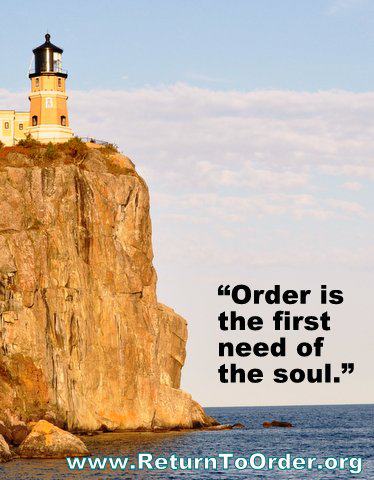When I think of the debate around the “sequester,” I think of an amusement park. I know that this is no laughing matter, but there’s something so incredibly unreal about the situation that an amusement park is what comes into mind.
This comes from observing how things like quantitative easing, derivative instruments and massive debt are artificially holding up our frenzied economy. They create the illusion of wealth and lead to a carnival-like atmosphere not unlike that of an amusement park. As long as everyone is having a good time, no one seems to be worried.
But with the “sequester,” something has changed ever so slightly. It is as if the whole nation has been sequestered and buckled into a roller coaster, which is now racing along. No one can get off until it stops. After the first cheap thrills, people start to realize that something is terribly wrong.
The ride’s operator tells the fun seekers that the roller coaster is actually broken and will not stop unless they manage to throw him extra fees along the way. This leads to dramatic episodes at every turn. The nation feels the rush of sudden stock market highs and fiscal-cliff lows.
What began as a thrill-seeking adventure has evolved into a nightmare. Everyone aboard is exhausted and stressed out. They cry out: “Anything to get off the roller coaster…and back to the carnival!”
What most people don’t realize is that the “sequester” is a consequence of an amusement-park economy. Amusement parks only work when they have visitors who lead normal working lives. They can be occasions for needed rest and recreation. However, no one can live in an amusement park permanently as an entitlement. But that is what many of us are trying to do.
There is, then, no doubt that we need to get off the roller coaster. But it is also time to stop living in the amusement park. This is no way to run a nation. It’s no way to run an economy.
The “sequester” is a symptom of a deeper problem and contradiction deep inside the soul of modern man. There is the constant desire to live in a fantasy world, without moral or economic restraints. This unreal world clashes with the real one, that requires norms and rules if it is to run efficiently and without major problems. Living in this contradiction though always results in dramatic crashes.
In my recent book, Return to Order: From a Frenzied Economy to an Organic Christian Society—Where We’ve Been, How We Got Here, and Where We Need to Go, I use the term “frenetic intemperance” to describe this reckless and restless spirit of unrestraint that has long plagued modern economy. I contend that we need to get rid of this now-dominant frenetic intemperance so the economy can be stable, healthy and prosperous once again.
We need to shift the debate from getting off the dramatic roller coaster to finding a way to leave the amusement park.
This cannot be done through legislation, regulation or rigid planning. Rather, it is something that must be addressed by changing our frenzied and rushed lifestyles where instant gratification is the order of the day. This requires a shift in values that must be adopted by individuals, families, communities, businesses, and, yes, governments. In short, we need to return to those spiritual, religious, moral and cultural values that have always served to order and temper economic activity.
Broken roller coasters are dangerous things that should not be taken lightly. The last roller coaster nightmare — the 2008 subprime mortgage — cost the world over $10 trillion and almost brought the whole system down. Today’s “sequester” roller coaster economy continues to be dangerous. We should resist the temptation to look for superficial fixes.
What is needed are refreshing and lasting solutions that go beyond our obsession for amusement. We need to return to those fundamental institutions rooted in family, community and Faith that give meaning and value to life. Let’s get off the roller coaster, exit the amusement park, and return home.
Click “Like” for moral values!



